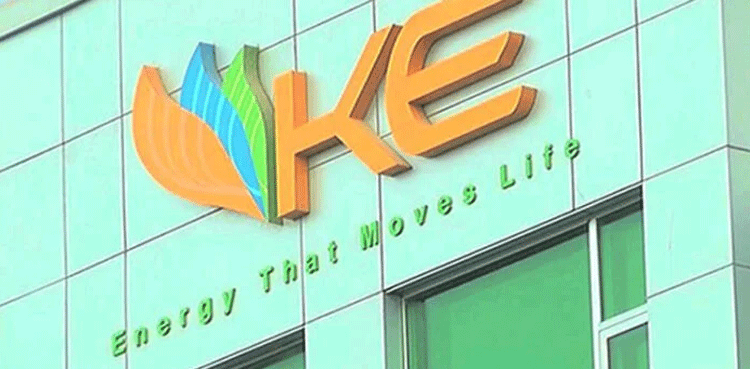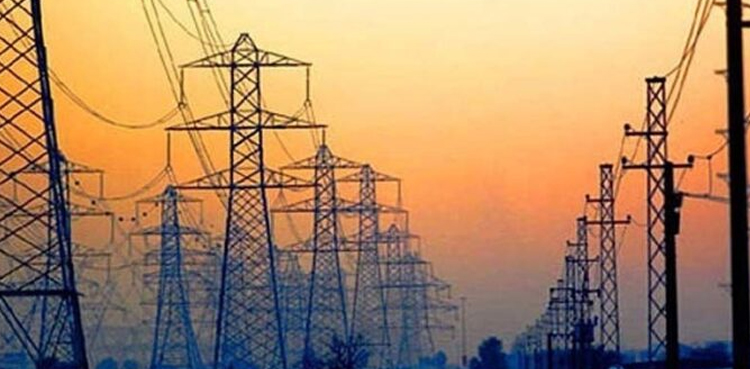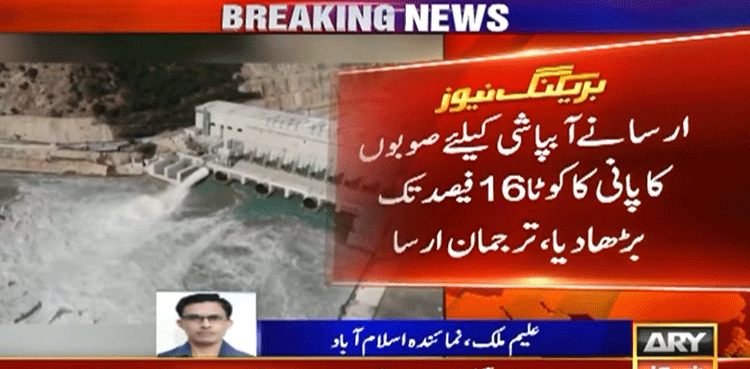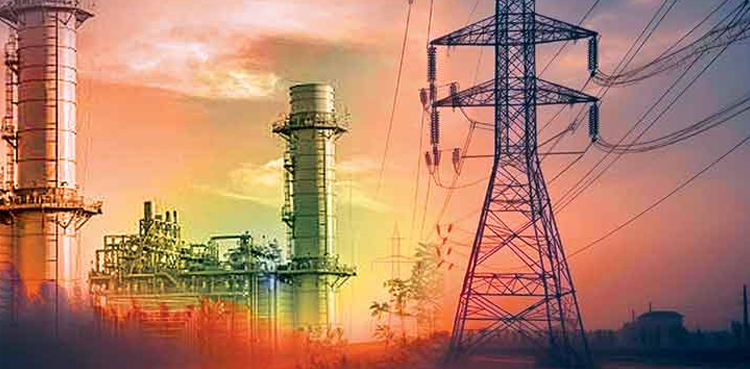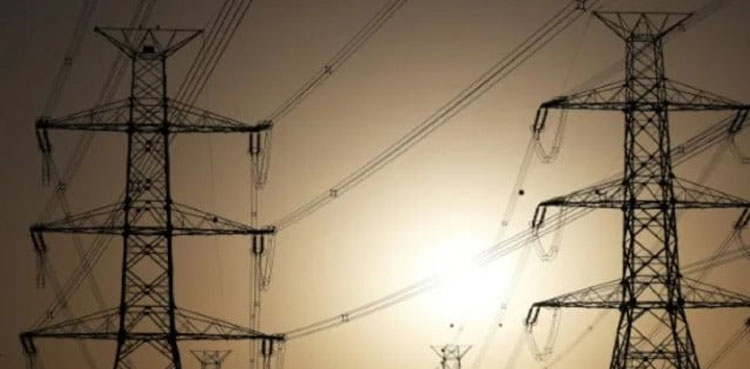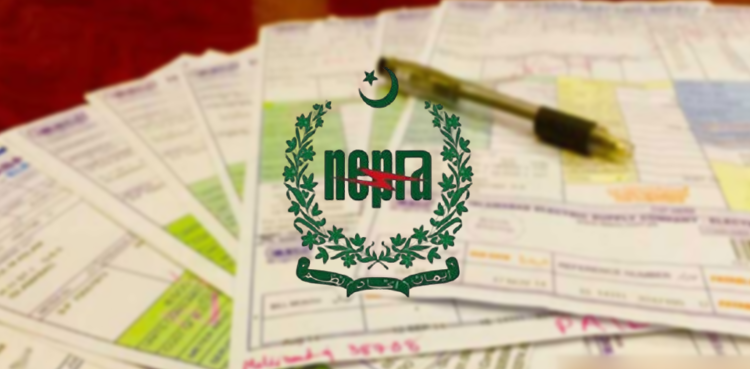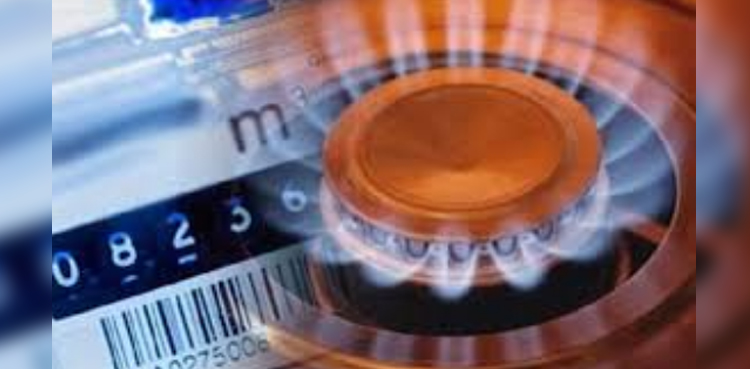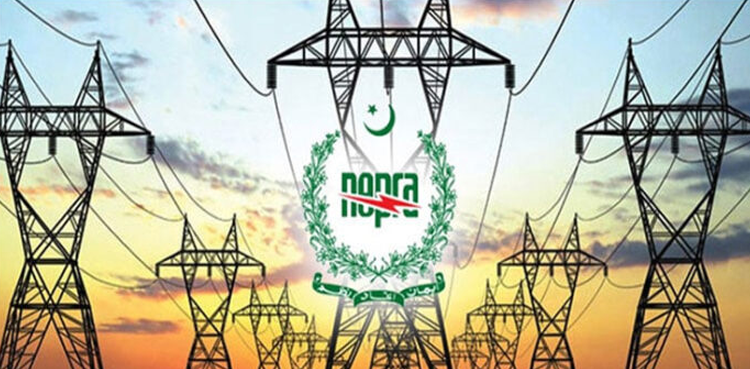ISLAMABAD: The National Electric Power Regulatory Authority (NEPRA) on Thursday rejected K-Electric (KE) CEO Moonis Abdullah Alvi’s explanation regarding the worst electricity loadshedding crisis in Karachi.
NEPRA reserved its verdict after concluding the hearing on K-Electric’s petition regarding Fuel Charge Adjustment (FCA) for March 2025.
During the hearing, Karachi Chamber of Commerce and Industry’s (KCCI) representative informed NEPRA about the worsening electricity crisis in the city. “Karachi is facing extreme loadshedding. We urge NEPRA to find a viable solution,” he said.
In response, K-Electric CEO Moonis Alvi said, “We are unable to find ways to recover the payments and reduce losses. There are even areas where our staff are facing threats.”
NEPRA member Rafique Shaikh strongly criticized K-Electric’s response to the crisis, calling it “childish” and “irresponsible” given the gravity of the situation.
“We completely reject K-Electric’s explanation for the loadshedding,” he stated. “There is a clear contradiction between the ground realities and what K-Electric is portraying.”
He further noted that the power distribution system managed by K-Electric has drastically deteriorated.
Read More: Loadshedding irks masses, spoils sacrificial meat in Karachi
Notably, last year on Eidul Adha, people in Karachi faced the worst power loadshedding despite hot and humid weather.
According to details, residents of Karachi’s North Nazimabad Block Q, which is a loadshedding free zone, also faced power cuts.
Talking to ARY News, residents said there is a 100pc billing from the area, but due to ‘kunda’ (illegal electricity connections) in the surrounding Katchi abadis, the K-Electric is carrying unannounced loadshedding.
“Why we are being penalised despite paying heavy bills, for illegal connections in the area,” the residents asked.
They also said due to prolong power cuts, the sacrificial meat has spoiled. A resident demanded restoration of power supply and provision of the meat, which has been spoiled.
